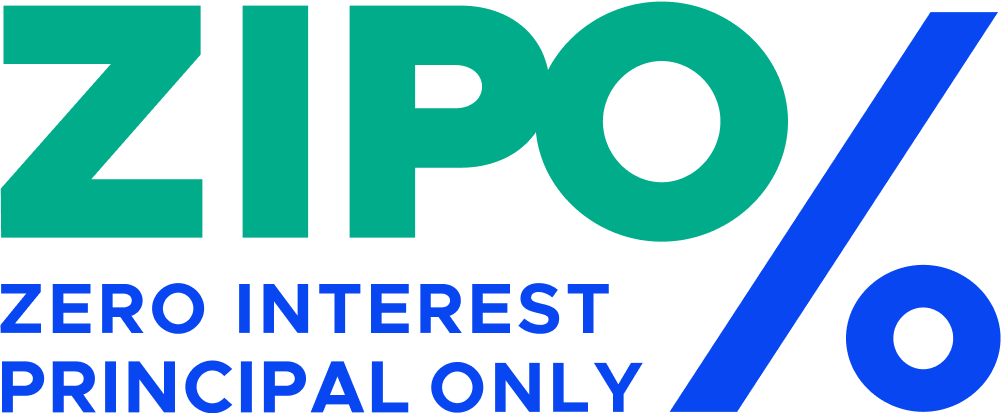NEWS
VA Loan vs. Physician Loan: What’s the Difference?
If you think about your student debt as dipping your toe into a small pond, then getting a home mortgage loan likely feels like diving headfirst into the ocean. Buying a home is typically the largest investment that you’ll make for your future, but this type of loan works differently compared to the kind that you used to fund your education. Homes are considered assets that usually appreciate in value, which means that the debt you take on today will pay off as you gain equity in your house.
Naturally, you might be wondering how you can possibly buy a house when you are already struggling with high student loan payments. As a veteran or person in the medical field, you are fortunate to have several options available to help you navigate this challenge. VA and physician loans are both meant to help people afford a mortgage, and knowing the differences between the two can help you determine which one is your best choice for funding your home purchase.
Why Do Lenders Offer Special Loans for Physicians?
Lenders use a set of criteria to determine who they’ll approve for loans, and people in the medical field tend to check off all of the boxes. Physicians tend to have higher than average incomes and are generally considered to be more financially stable as a result. Sure, you might have higher student debt that you’re paying off, but this also leads to you being able to secure a well-paying career.
Although a physician loan isn’t as official as ones that are backed by the government, lenders still offer them as a way to attract highly qualified borrowers. Usually, this type of loan comes with benefits such as being able to buy a home with a lower down payment. You might also be able to avoid having to pay for primary mortgage insurance (PMI). When a lender assesses your eligibility for this type of loan, they’ll base their decision more on your income than your credit history, since many physicians have a high debt-to-income ratio at the beginning of their careers.
How Does the VA Loan Work?
The federal government offers backing for VA loans that is meant to help military members and their spouses achieve the goal of home ownership. Some service members may face challenges with buying a home such as living on a fixed income due to a disability or having a lack of credit history. Unlike physician loans, VA loans have a strict set of qualifications that you must meet before you are eligible to get one.
To begin the process of qualifying for a VA loan, you’ll need to first apply for a Certificate of Eligibility. Then, you can work with a VA-approved lender to get a loan and begin to enjoy benefits such as zero to low down payments and the ability to opt out of PMI.
How Do You Know Which One to Choose?
At first glance, both types of loans offer significant benefits from the beginning. However, they do differ slightly. Generally, VA loans have lower rates, but that can sometimes be counteracted by a higher funding fee. VA loans also tend to have lower caps on how much you can borrow, which could be an issue if you are trying to move to an area with high home values. Seeking out a lender that is familiar with both options is the best way to narrow down your decision.
Once you take on a mortgage, it could have an impact on your student loans. Check into income-driven repayment plans to see if you might benefit from being able to pay less on your educational debt. Veterans might also be eligible for public service loan forgiveness. Exploring every opportunity possible to lower your debt load helps you put more money towards owning your own home.
